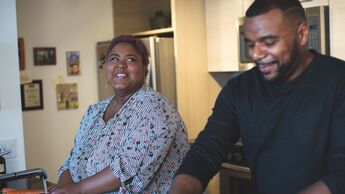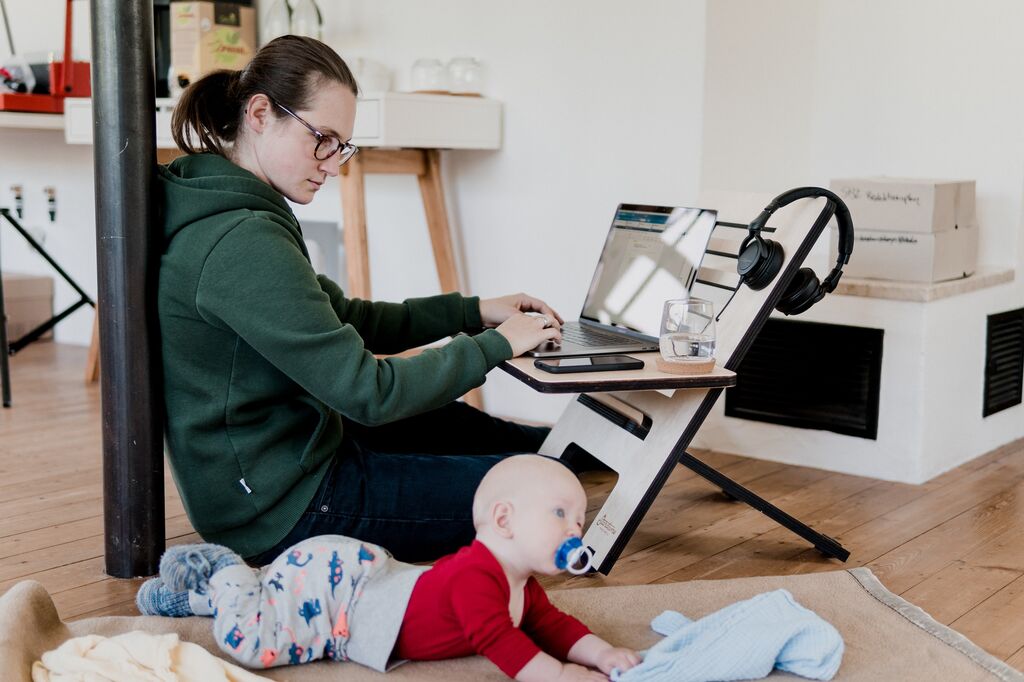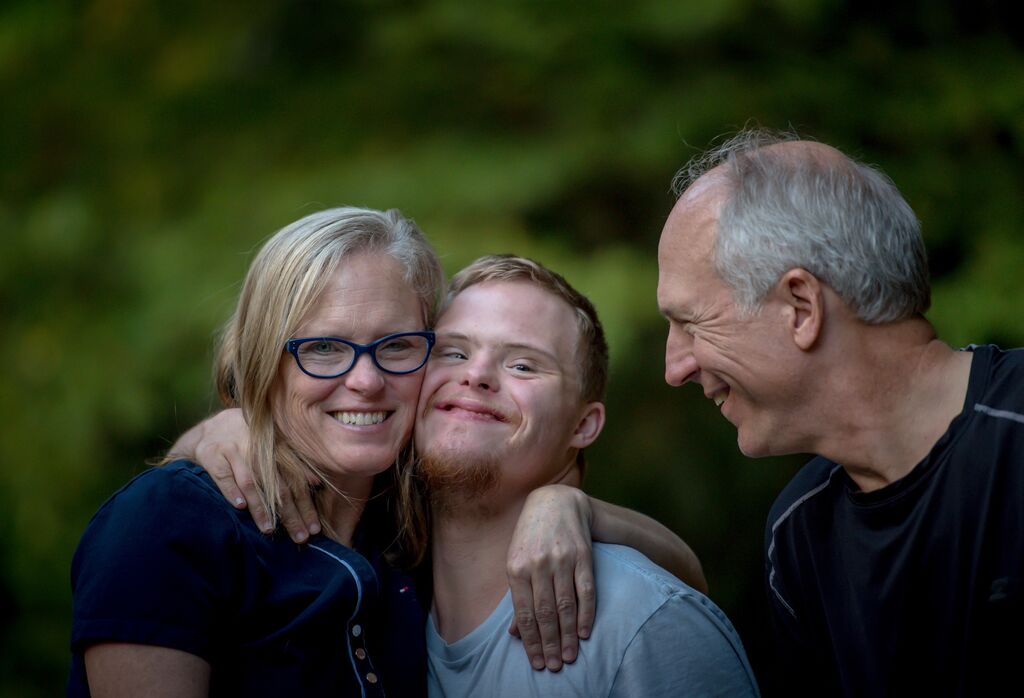
The lockdown caused by Covid-19 has clearly had a significant effect on UK society. Families in particular were placed in situations they had never faced before, often with both parents and children at home 24/7 figuring out how to make work and school fit alongside one another.
Until recently we have only been able to look to anecdotal evidence to understand the impact this has had on families. Did lockdown bring a new joy and happiness to families that hadn't been experienced for years? Was it a trudge to get through? Did it bring pain and ultimately separation?
The Marriage Foundation has just released research that looks at how the 'typical family' fared during lockdown. Their analysis looked at 2,559 parents who lived in a couple household, both married and cohabiting, with two main findings.
First, around 20% of parents said their relationships had improved during lockdown. This was the case across the board for mums and dads, whether they were married or cohabiting.
Second, around 10% of parents said their relationship had worsened during lockdown, but this was not felt equally by mums and dads in married or married relationships.
Rather, cohabiting mums stood out as having been worst impacted by lockdown, with 22% saying their relationship had worsened. The report notes that "Cohabiting mums were also far more likely than anyone else to say they had quarrelled a lot, got on each others nerves a lot, regretted getting together in the first place, and thought the division of household responsibilities was unfair."

Cohabiting mums disproportionately affected
Cohabiting mums have disproportionately been affected by lockdown. But why?
Harry Benson, research director of the Marriage Foundation, suggests that "the most plausible explanation is about commitment and men."
He explains that lockdown forced couples together. If a couple were committed to one another then lockdown wouldn't have felt like much of a burden. Harry explains it as like "wrapping an extra layer around us". However if there was any ambiguity in a relationship and a couple weren't sure how much they wanted to be together, then this 'extra layer' became really uncomfortable.
This is where the differences between married and cohabiting relationships and between men and women come into play.
Harry explains that in married relationships "both men and women have both bought in to the same plan of a lifetime together. So we wouldn’t expect to see much of a gender difference in how married parents viewed lockdown."
For many couples in cohabiting relationships, however, men are most often the less committed ones and for a 'significant minority' of men they never fully commit. This explains why cohabiting mums struggled more than anyone else.
Harry writes, "If you know deep down that your partner and co-parent isn’t as committed as you, you can see why lockdown would get on your nerves a lot, make you quarrel a lot, make you question why you got into the relationship in the first place, and make you put more into home life than your partner so that it’s unfair."

Marriage isn't just a piece of paper. If our innate desire for a satisfying relationship is bound up in our desire for commitment in our partner, what better way to guarantee that then to declare in front of your family and friends that you are committing to one another ‘as long as you both shall live’?
Marriages must be made a priority in lockdown
This research shows what a raw deal cohabitation is delivering for the next generation of parents. It provides one more piece of the jigsaw for evidence that cohabitation leads to less satisfaction than marriage and leads to greater relationship breakdown.
Marriage isn't just a piece of paper. If our innate desire for a satisfying relationship is bound up in our desire for commitment in our partner, what better way to guarantee that then to declare in front of your family and friends that you are committing to one another ‘as long as you both shall live’?
That is why marriage is so important, and why it is so important that it remains possible to get married in the UK even despite the increasing lockdown restrictions. Let's hope, pray and call on the Government never to have to return to the place we were earlier in the year when marriages were illegal.
By Jonathan Williams, CARE's Family Policy Officer.


Share story
How did lockdown impact relationships in the UK?